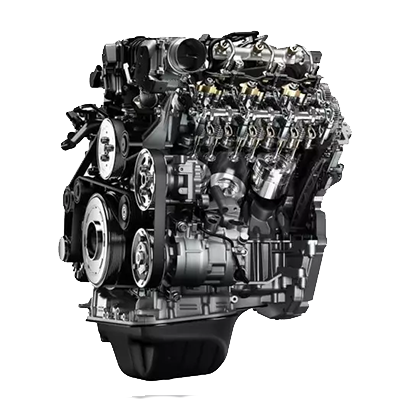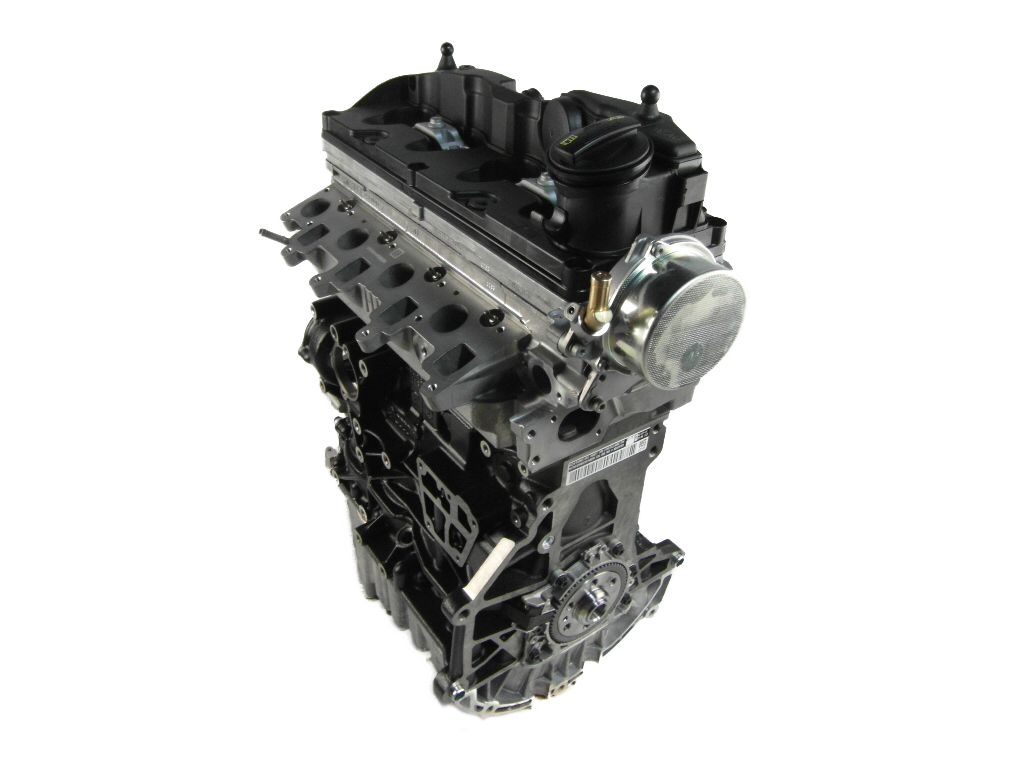Your Ultimate Resource for Amarok Engine for Sale-- Reputable Engines for Every Requirement
Your Ultimate Resource for Amarok Engine for Sale-- Reputable Engines for Every Requirement
Blog Article
Browsing the Refine of Engine Selection: Trick Aspects to Consider
The process of engine selection is a complex venture that requires cautious analysis of several important factors to ensure positioning with operational objectives. Performance requirements, gas effectiveness, and budgetary restraints are simply the beginning; considerations around environmental impact and upkeep support play a critical function in the decision-making framework.
Performance Requirements
When picking an engine, it is crucial to develop clear performance needs that align with the intended application. Performance demands include an array of elements, consisting of power outcome, torque attributes, and responsiveness, which have to be customized to the certain demands of the car or machinery concerned.
Power output, usually determined in horsepower, establishes the engine's capability to push a lorry or perform a job efficiently. Torque, on the other hand, is essential for applications needing strong preliminary acceleration or hefty training capacities. An understanding of the operational setting is additionally crucial; as an example, engines made for off-road applications may require different performance characteristics contrasted to those meant for highway usage.
Furthermore, consider the functional lots and task cycle, as these factors influence the engine's long life and dependability. In high-load scenarios, a robust engine design may be necessary to avoid early wear or failure. Furthermore, performance needs should additionally include considerations for exhaust standards and regulatory conformity, especially in areas with rigorous ecological regulations. By specifying these efficiency criteria early in the selection process, stakeholders can make enlightened choices that boost overall operational effectiveness and performance.
Gas Effectiveness Factors To Consider
While efficiency demands are crucial, gas efficiency is equally vital in the engine selection process, as it directly impacts operating costs and ecological sustainability. Fuel-efficient engines consume much less fuel each of work executed, which not only reduces overall expenditure yet additionally lessens greenhouse gas discharges. As organizations significantly prioritize sustainability, selecting an engine that enhances fuel efficiency can improve business obligation and conformity with ecological guidelines.
When evaluating fuel effectiveness, it is vital to take into consideration the engine's style and technology - amarok engine for sale. Developments such as turbocharging, direct fuel injection, and hybrid systems can substantially enhance fuel economy. In addition, recognizing the operating problems and duty cycles of the engine application is important; engines may perform differently under differing loads and speeds
Furthermore, manufacturers often provide gas intake information that can be utilized to contrast numerous engine alternatives. In summary, fuel effectiveness is a multi-faceted consideration that requires complete evaluation throughout the engine option procedure.
Budget and Price Evaluation
Budget and price analysis works as a vital component in the engine option process, affecting both temporary financial investments and long-term functional costs. When reviewing prospective engines, it is important to take into consideration not only the preliminary acquisition price but likewise the total price of ownership, which includes installment, upkeep, gas consumption, and potential downtime.
A complete analysis needs to begin with the ahead of time prices connected with the engine, consisting of necessary modifications or ancillary devices. Concentrating entirely on first expenses may lead to misdirected decisions. Evaluating operating expense over the engine's life expectancy is equally crucial, as more expensive engines might provide premium fuel efficiency or reduced maintenance needs, eventually leading to set you back savings.

Ecological Effect Aspects
Understanding ecological impact factors is essential in the engine option process, as sustainability factors to consider have become increasingly important for both governing conformity and company duty. Organizations must review the exhausts created by various engine kinds, consisting of co2, nitrogen oxides, particle matter, and unburned hydrocarbons. These emissions contribute significantly to air contamination and environment adjustment, demanding a cautious evaluation of the engine's environmental impact.
Furthermore, gas type plays a vital role in ecological influence. Engines powered by eco-friendly power resources, such as biofuels or hydrogen, often tend to have a lower ecological impact contrasted to typical fossil fuels. Additionally, the lifecycle analysis of the engine, from manufacturing with operation to disposal, must be taken into consideration to recognize the complete range of its ecological ramifications.

Upkeep and Support Alternatives
When selecting an engine, the accessibility of maintenance and assistance choices is a vital consideration that can significantly influence functional efficiency and durability. Comprehensive maintenance plans make sure that the engine runs at peak efficiency and minimizes unforeseen downtimes. It is vital to assess the manufacturer's support network, consisting of the availability of certified professionals and solution facilities.
Analyzing the access of extra parts is also crucial. A reputable supply chain for components can minimize preparations for repairs and upkeep, Our site thereby improving general efficiency. Furthermore, think about the convenience of acquiring technical documents and training resources, which are essential for guaranteeing that personnel are fully equipped to deal with regular and emergency circumstances.
An additional crucial aspect is the warranty and solution arrangements provided by the producer. These contracts can offer peace of mind and economic security versus unexpected concerns. Inevitably, a positive method to maintenance and assistance not just expands the life of the engine but additionally adds to the total success of the operation. Careful consideration of these elements will cause educated decisions that line up with functional goals and budget plans.
Verdict
In conclusion, the procedure of engine choice demands an extensive assessment of various critical elements, including efficiency requirements, fuel performance, spending plan constraints, ecological impact, and maintenance assistance. By thoroughly evaluating these aspects, notified decisions can be made that straighten with functional objectives and sustainability goals. Inevitably, a calculated technique to engine choice will make certain optimum efficiency and longevity while resolving ecological and economic factors to consider successfully.
While performance demands are important, gas effectiveness is equally vital in the engine selection process, as it straight influences operating expenses and ecological sustainability. As organizations increasingly prioritize sustainability, picking an engine that maximizes fuel performance can enhance business responsibility and compliance with ecological policies.
Furthermore, recognizing the operating conditions and task cycles of the engine application is important; engines may carry out in different ways under varying rates and lots. (amarok engine for sale)
Examining operating prices over the engine's life-span is her explanation similarly important, as a lot more expensive engines may use superior gas performance or reduced upkeep needs, ultimately leading to set you back savings.
In verdict, the procedure of engine choice demands a thorough analysis of numerous critical variables, including efficiency demands, fuel performance, budget plan restrictions, ecological effect, and maintenance assistance. - amarok engine for sale
Report this page